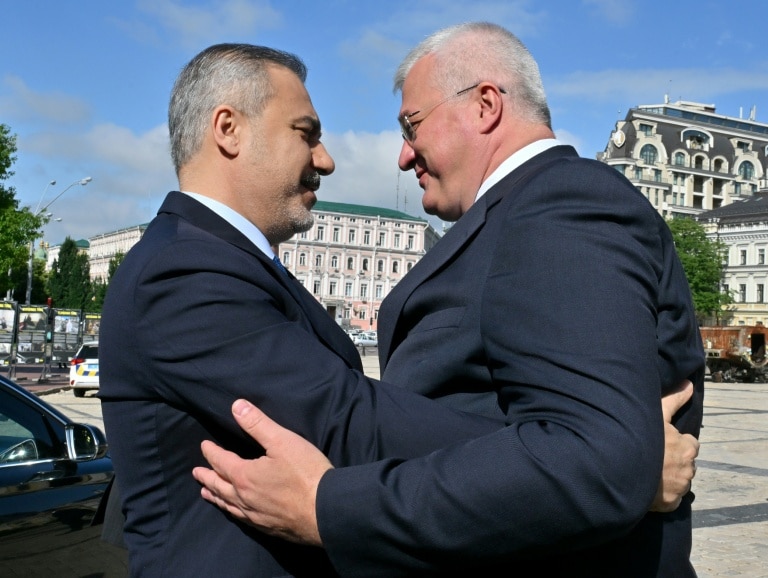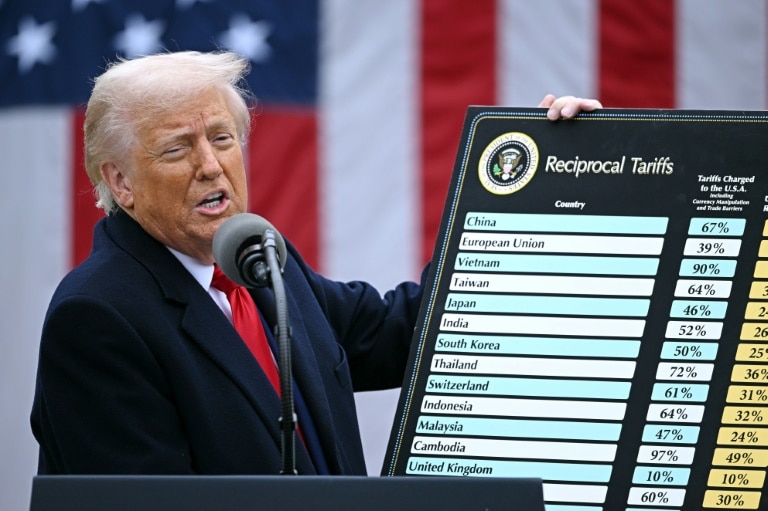Bombshell inquiry into Dural ‘terror’ caravan referred to ethics committee
A bombshell inquiry into an explosives-laden caravan and controversial anti-hate laws has sparked a fight within parliament itself.
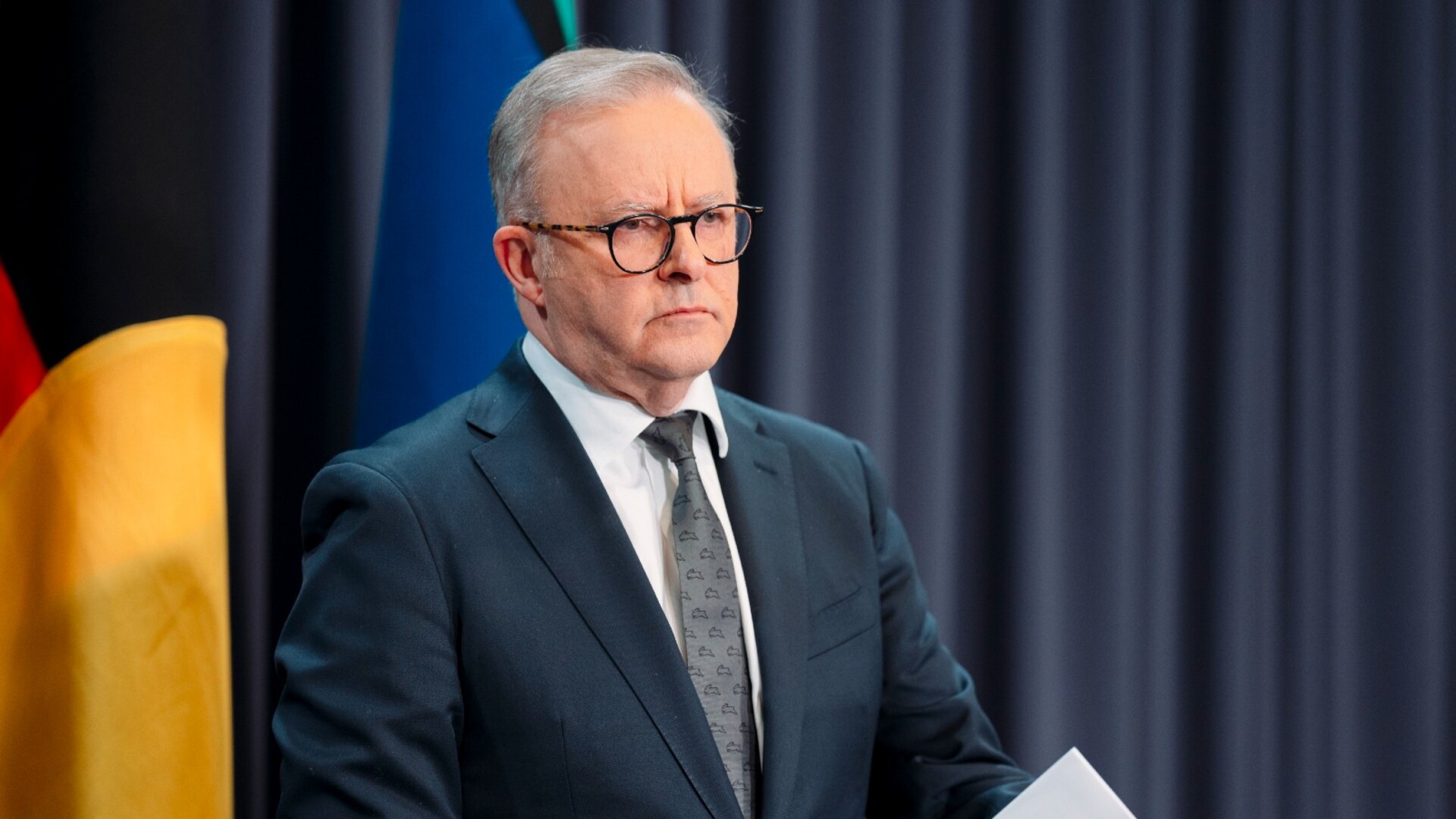
Breaking News
Don't miss out on the headlines from Breaking News. Followed categories will be added to My News.
An inquiry into the relationship between the Dural “terror” caravan incident and the passing of controversial anti-hate laws in NSW is an “incursion upon the privilege” of parliament that “breaches one of the fundamental bedrocks of parliamentary democracy”, a Labor MP has claimed.
Local Government Minister Ron Hoenig slammed the Legislative Council inquiry during question time on Thursday morning as the government seeks to refer the terms of reference of the inquiry, established in March, to the Standing Committee on Parliamentary Privilege and Ethics.
The Legislative Council inquiry, chaired by independent MLC Rod Roberts, was established earlier this year following criticism over the passage of sweeping anti-hate and anti-protest laws in February after a spate of anti-Semitic attacks in Greater Sydney over the summer.
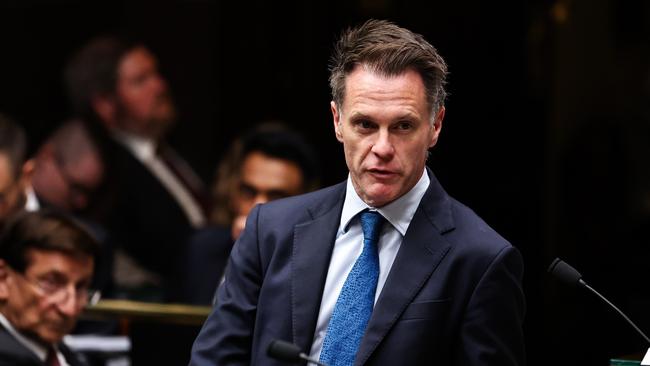
In January, police discovered an explosives-laden caravan in Sydney’s northwest that Premier Chris Minns claimed could have resulted in a “mass casualty event”. The Australian Federal Police later determined it to be part of a criminal conspiracy, sparking questions about who knew what and when.
Mr Minns last week expressed concerns that the parliamentary privilege of the Legislative Assembly, where he spoke about the caravan on March 18, might be infringed, including by the calling of key staffers as well as the “observance of comity” between the two houses.
In his address, Mr Hoenig claimed the probe – launched by the Legislative Council, not the Legislative Assembly – “breaches one of the bedrock of parliamentary democracy”, which was the ability of either house of parliament to have exclusive control over its own members and debate.
“Broadly, what happens within parliament is a matter for control by parliament alone,” Mr Hoenig said.
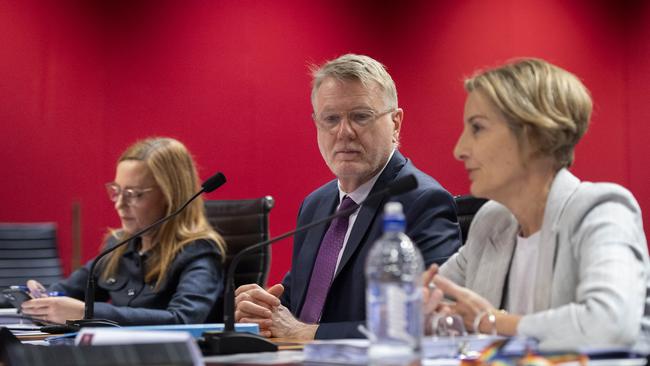
“The prerogative of this House to set out the rules, conduct, and regulate its own affairs – its exclusive cognisance has not been disputed.
“That is why the resolution of the Legislative Council was so egregious.
“It expressly seeks to scrutinise the discourse of the House, the conduct of its members, be it backbencher or a member of the executive government, while undertaking the primary function entrusted upon them by their constituents which is to legislate.”
Mr Hoenig also warned that “courts will never sit by idly and allow powers to be unconstrained if abused” but admitted “certain principles have become diminished over time” that “may well be as a result of the disagreements we have with the other place (Legislative Council)”.
The motion to refer the inquiry passed following a division 47 to 27.
Inquiry changes ‘don’t go far enough’: Labor
On Wednesday night, Mr Roberts, moved amendments to the inquiry to “narrow the focus on the passage of bills concerned through the Legislative Council”, which Mr Hoenig said “dismisses the very fundamental issue I have raised”.
Noting the amendments, Mr Hoenig said it was the House of Representatives “and this House alone that will be arbiter of its actions and that of its members, whether they also be members of the executive or not” and Mr Roberts’ amendments “did not go far enough”.
Wahroonga Liberal MP Alister Henskens said the opposition was concerned about issues of privilege but would not support the motion following the amendments and instead claimed it was “a transparent attempt to frustrate and delay the upper house inquiry”.
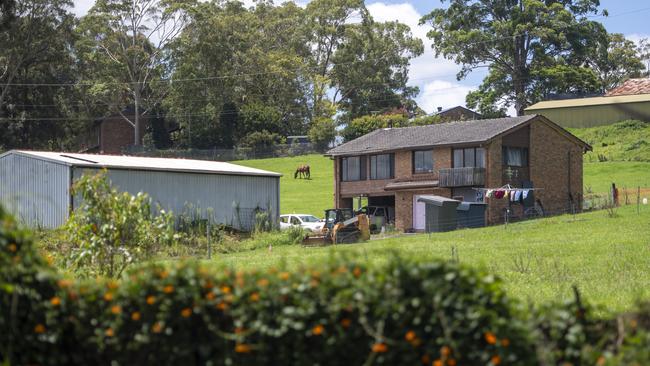
Mr Henskens also noted that the only remaining witnesses were executive employees, including ministerial staff.
“The terms of reference were intentionally changed to exclude any infringement upon the privileges of this House by reason of the terms of reference, and I think that’s a very important matter which was not highlighted to members of this place in the address,” Mr Henskens said.
“So, the inquiry in the other place is essentially directed towards a very narrow scope. There’s been no public submissions invited, and the scope of the inquiry is simply whom knew that the Dural caravan incident was not a mass casualty event and when did they not?”
Greens MP Jenny Leong did not say whether the party would support the referral but noted that if they did it would be “critical” that the Legislative Council was not “prevented from doing their work” and that the issues of privilege were “probably dealt with by the amendments”.
If there was an “unreasonable delay” to the inquiry, Ms Leong warned that “it would raise further concerns and questions about whether this is being used as a way for the Premier and the executive to avoid and subvert the ability of the council to inquire into these matters”.
Speaker Greg Piper said the change of the terms of reference was “not done on the basis of a change of view” but to advance an “important inquiry” and agreed with the Greens that the inquiry would not be referred as a way of obstructing its progression.
“I say to the members of this House, this is an opportunity for us to actually examine the issue, the rights and privilege, the exclusive cognisance of the Legislative Assembly. And if we do not do it now, then we will no doubt be doing it again,” Mr Piper said.
“This is an opportunity to actually examine this and to make a stand as to the rights and privilege of the assembly.”
Mr Piper said he stood by his advice to Mr Minns when he was advised about the potential breach.
Last week, the inquiry heard evidence from key staffers behind the scenes at Mr Minns’ office and at cabinet.
NSW Police Commissioner Karen Webb and Deputy Commissioner David Hudson also gave evidence during preliminary hearings earlier this year.
Originally published as Bombshell inquiry into Dural ‘terror’ caravan referred to ethics committee

